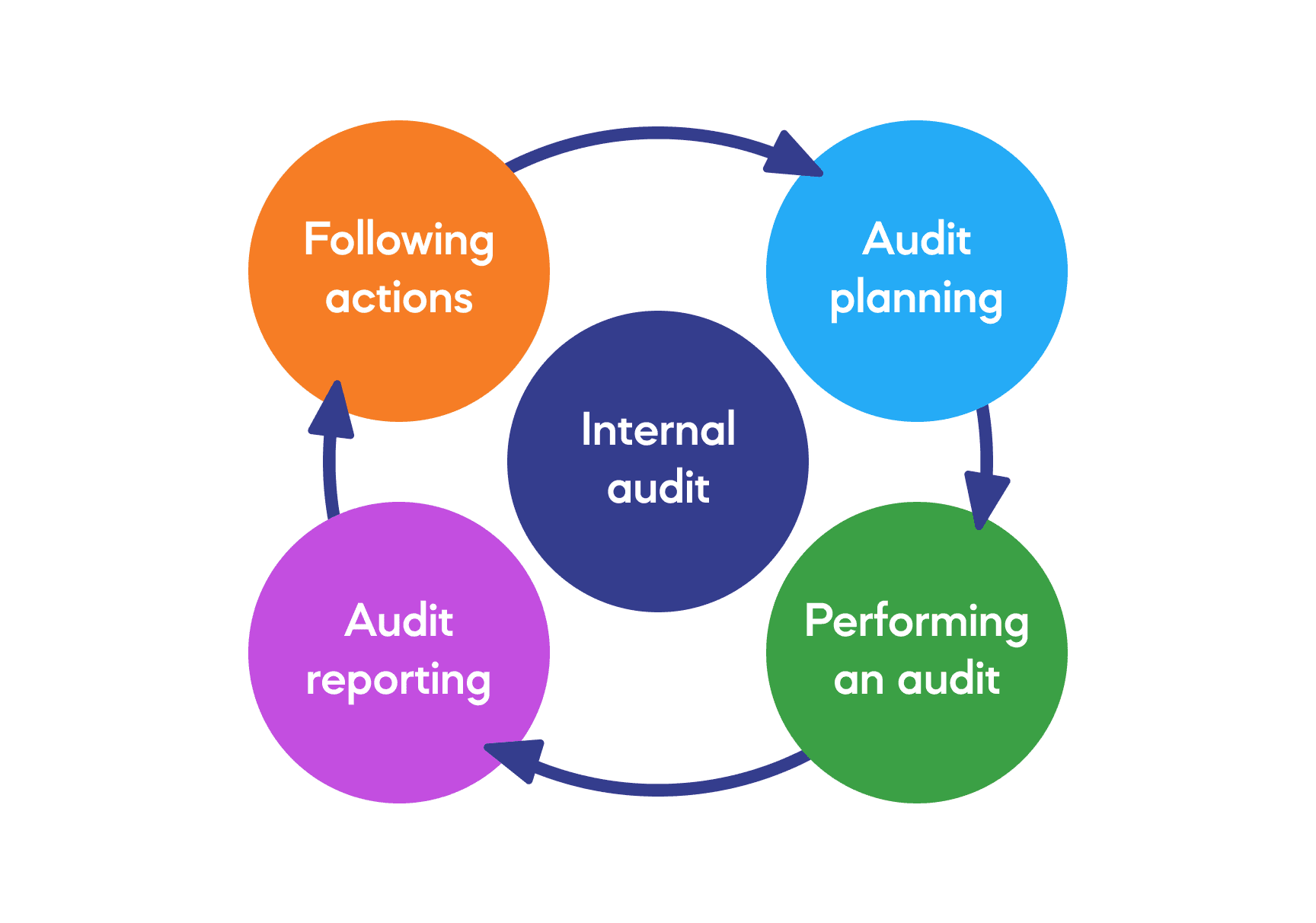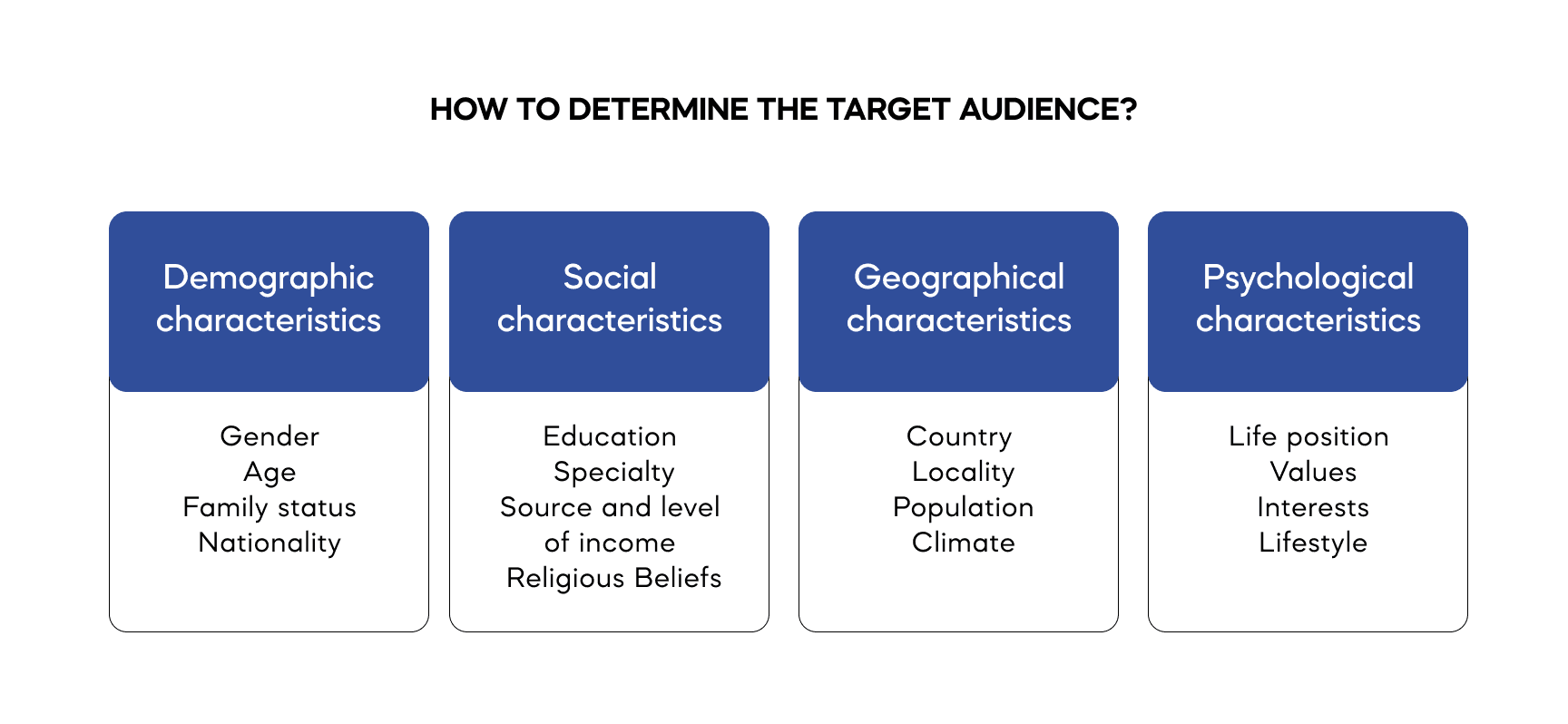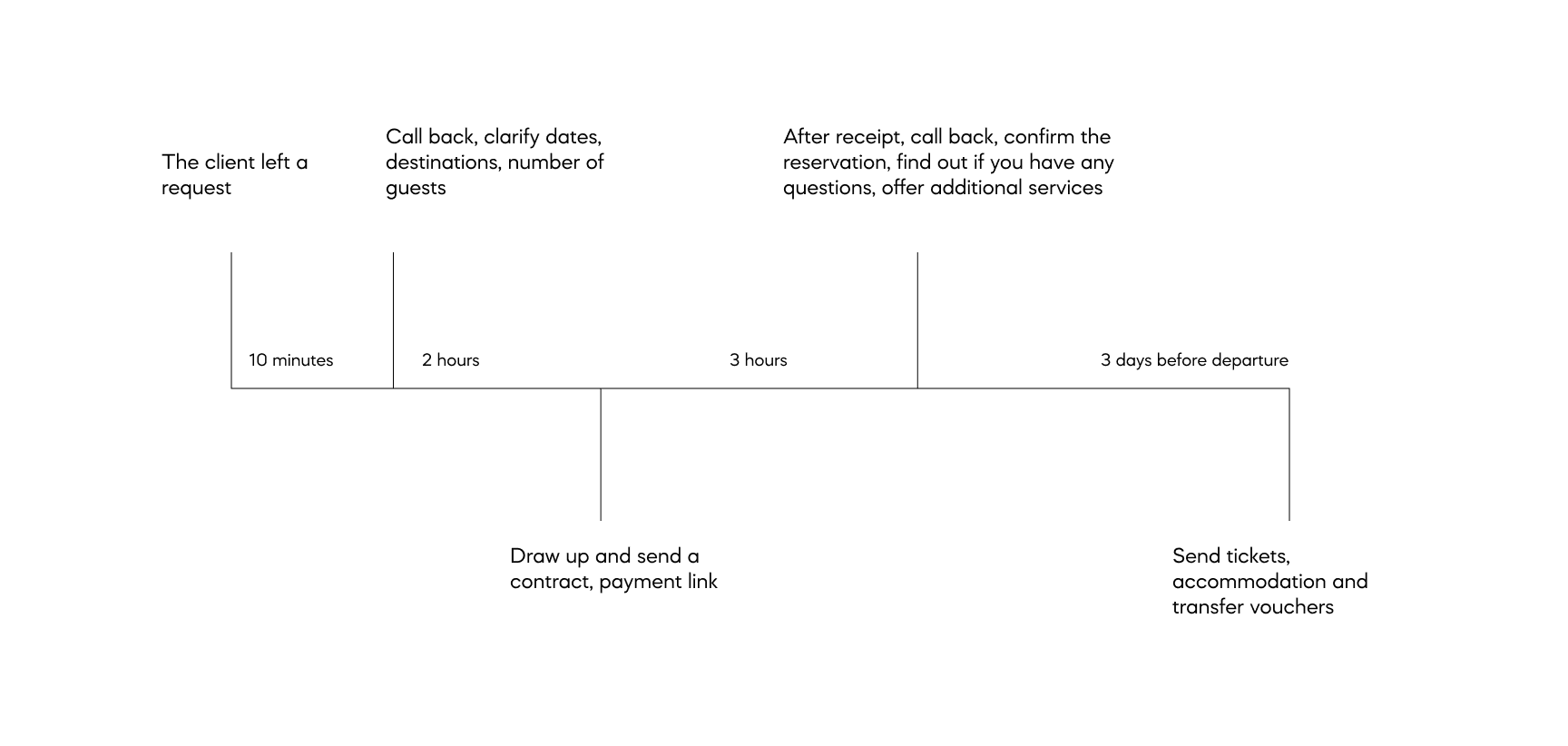

The sales department at Overall Rating was formed without a clear plan
As is often the case, the sales department at Overall Rating was formed without a clear plan: when the organization was small, a secretary was involved in product promotion, then an employee was hired to help her, then another, and a third. Only after that, they set up a separate office with the necessary equipment... However, managers did not receive any special training. All that was required of them was to politely talk to the client on the phone and complete the deal. If, of course, it comes to that.
The problem was that sales figures remained subpar. Employees blamed poor quality leads, management blamed employees, but the situation did not change, and out of ten calls there was, at best, one deal. Then we got involved.

I must say that according to my personal assessment, internal audit is included in the top 5 business process outsourcing, most in demand by entrepreneurs, and we have managed to gain good experience in solving them. And so, we started analyzing, not the bad leads (who would have thought?!), but the managers, their preparation and understanding of what, in fact, they are sitting near the phone for. In addition, we formulated a number of questions for the company’s management.
Does your manager have the right knowledge?
You can’t put a random person in front of a computer/phone, give a short briefing and hope for productive work. You will either have to outsource the call center process, or make sure that your employees have certain skills and information:
- Know your organization's product. To sell a product or service well, it is not enough to be nice to customers and give out memorized advertising phrases. The manager must have maximum knowledge about the product in order to be able to answer any question from potential buyers.
It can be very useful to create a Google document in which all the characteristics of a product or service, possible customer questions and the answers to them will be clear without unnecessary fluff. If new unexpected questions or complaints arise during the sales process, they will be included there along with a possible solution. Simple, visual, effective.
-
See your goals and objectives. If your manager doesn't have a sales plan for the day, it's probably not because he's lazy. There is a good chance that the fault lies with the manager, who did not explain to the newcomer that his job is not to come to the office at a certain hour and sit there for the required amount of time, but to competently draw up sales plans for the day, week, month, and also make efforts to execute and achieve those goals. You don’t need to think that a new employee will come to you armed with all the necessary knowledge and a desire to sell. Either train and mentor them yourself, or choose a possible option to conduct full call center outsourcing, where professionals will carry out the whole process for you.
-
Understand the target audience.

Understanding the characteristics of the buyers, their needs, and income levels allows for appropriate communication. In addition, a manager who is aware of the characteristics of his target audience will be able to guess whether it is worth offering the customer related products, or whether they will cause the indignation of the person who already had difficulty agreeing to spend money on the main product.
Does your manager understand the sales process?
It’s a great temptation to provide managers with ready-made scripts written by a specialist, but this is a wrong approach. Each of your employees is an independent person with their own strengths and weaknesses, so the conversation plan chosen by one may be completely unsuitable for another. For example, in the Overall Rating we had the opportunity to encounter a young man who was literally seething with energy, infecting customers with it, and a middle-aged lady with a deep soft voice who built a conversation slowly and smoothly. Both of them had some of the highest sales figures in the department.
Now, think about whether they would have maintained the same performance if the manager had demanded the lady to adopt the guy’s style, be more expressive in conversation, or ordered the boy to behave more respectably? I doubt. Therefore, it is logical to give employees a complete description of the product, outline common points of conversation, specify the goal, and allow them to write their own scripts according to their strengths.
Your job as a leader is to help the manager understand and master the sales process, not to use a template prepared by someone else.
Are the roles assigned correctly in your sales department?

If the organization gains momentum, the number of managers grows. And if at the same time, the manager does not bother to control the relationships in the department, an unhealthy hierarchy can form there. While the more experienced employees (arrogant, active, self-confident) are engaged in pure calling, fulfilling and exceeding plans, paperwork – filling out tables, for example, or the sorting of contracts – are given to newbies to complete, not only for themselves but also for the others, so they end up not having time to conclude their own deals.
If something like this happens in your office, you have clearly lost control. Set a clear division of responsibilities so that each employee has enough time to make calls and complete documentation.
Do your managers know how to plan their activities?
No, I’m not talking about the sales plan mentioned above, but about the sequential steps that an employee must take when interacting with each specific client.
Here, for example, is a plan drawn up for a travel agency manager:

Acting in accordance with the timing, the manager will not waste time, will not anger the client by delaying the call too much nor provoke him to contact another agency with smarter employees.
Is the manager able to classify the client based on the beginning of the conversation?

Simply knowing your target audience is not enough; you need to be able to quickly classify the person on the other end of the phone, understand whether he fits into the portrait of a potential buyer of your product or consumer of your service, and choose the right conversation strategy and trigger. This is an extremely important and useful skill for a manager, which not only brings quick benefits, but also encourages people to come back to you again, because it is always nice to communicate with a salesperson who understands you and your needs.
All of these things may seem elementary, but you won’t believe how often Againagain.agency has to deal with complete misunderstanding of them. In the same Overall Rating, basic training sessions for managers – by the way, staff training is another widely demanded process outsourcing services – were enough for bad leads to sharply decline, giving way to good ones. Or was it not a matter of leads?
